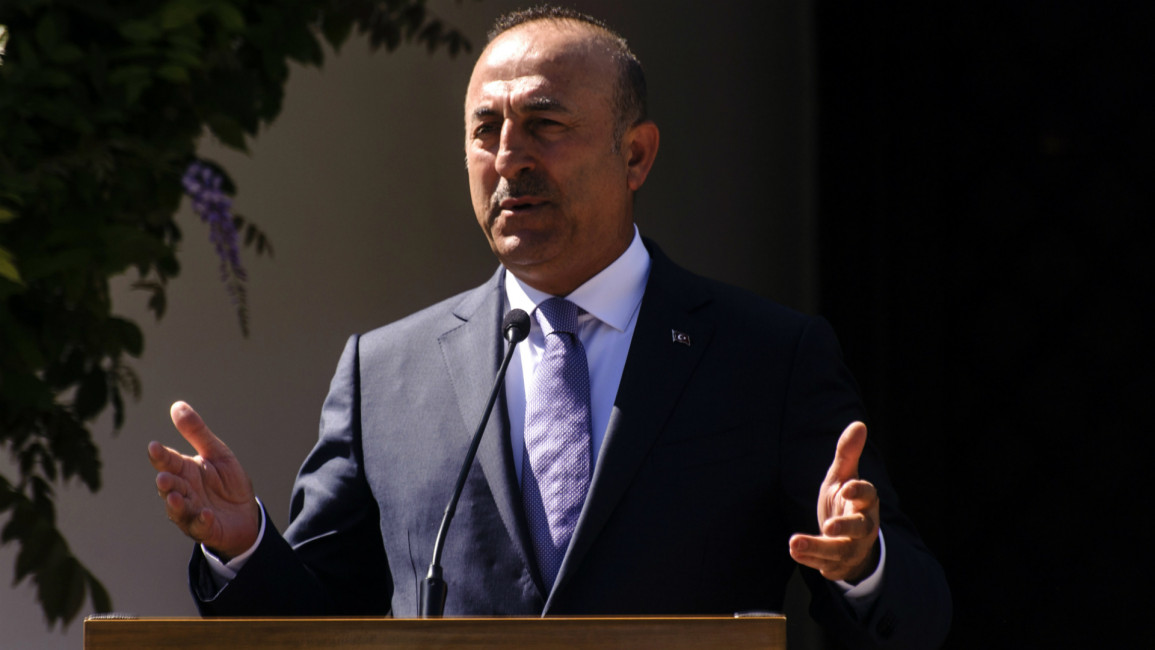Turkish foreign minister dismisses anger over arrested German citizens
"When we arrest (a coup plotter) Germany starts to get upset. But what are we supposed to do?" Mevlut Cavusoglu was quoted as saying on Saturday by the Anadolu news agency.
"This is also a Turkish citizen but it (Germany) asks why are you arresting my citizen?".
Turkey has made a wave of arrests, including journalists under the state of emergency imposed in a crackdown after the failed July 2016 coup.
Berlin said on Friday that two more German nationals had been held in Turkey "for political reasons", as Chancellor Angela Merkel warned Ankara that Germany could re-examine its policies following the latest Turkish action.
The latest arrests brings to 12 the total number of Germans in Turkish custody that Berlin considers political prisoners.
There is "no legal basis" for detention in most of these cases, Merkel said, according to remarks carried by Germany's DPA news agency.
According to the Dogan news agency, the two German nationals most recently arrested are of Turkish origin and were detained at Antalya airport in southeastern Turkey over suspected links with the failed coup.
"If it's someone connected to the failed coup, if they supported it, then why are you protecting them?" asked Cavusoglu, speaking in southern Turkey at celebrations for the major Muslim festival of Eid al-Adha.
Frayed ties
Relations between the two NATO allies have deteriorated sharply since Berlin sharply criticised Ankara over the crackdown that followed last year's failed coup.
The arrest of several German nationals, including the Turkish-German journalist Deniz Yucel, the Istanbul correspondent for Die Welt daily, further frayed ties.
Yucel has now spent some 200 days in Turkish custody ahead of a trial on terror charges.
German journalist Mesale Tolu has been held on similar charges since May, while human rights activist Peter Steudtner was arrested in a July raid.
Following Steudtner's arrest, Germany vowed stinging measures impacting tourism and investment in Turkey and a full "overhaul" of their troubled relations.
Turkish President Recep Tayyip Erdogan, for his part, has also sparked outrage after charging that Germany is sheltering plotters of last year's coup, as well as Kurdish militants and terrorists, and demanded their extradition.
Erdogan added to the tensions this month when he urged ethnic Turks in Germany to vote against Merkel's conservatives and their coalition partners, the Social Democrats, in September 24 elections.
On Friday, Merkel hit out against Erdogan's call, saying Germany's election "will be decided only by the people in our country, who have German citizenship".
The escalating tensions have split the three-million-strong Turkish community in Europe's top economy, the largest diaspora abroad, which is a legacy of Germany's "guest worker" programme of the 1960s and 70s.



